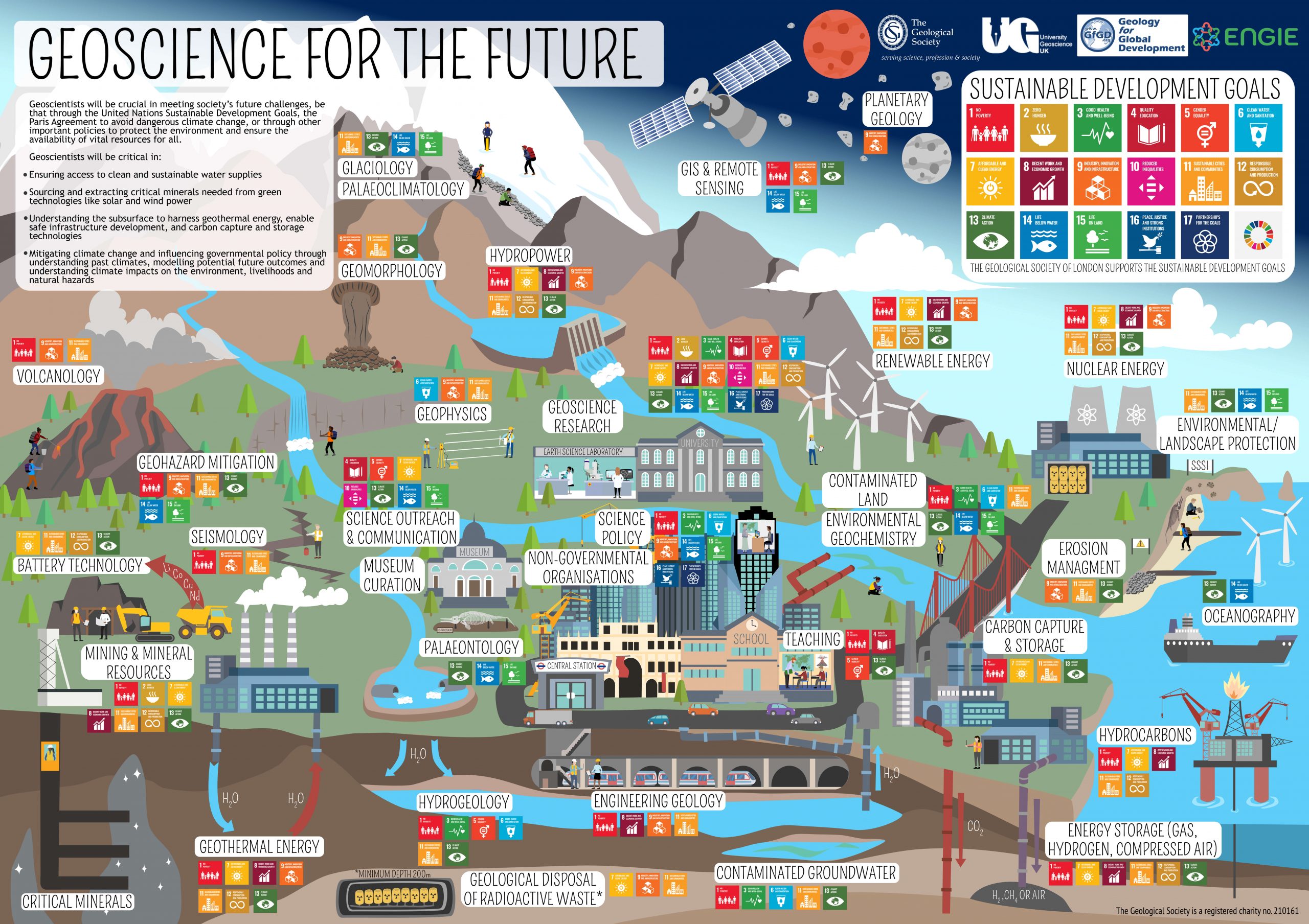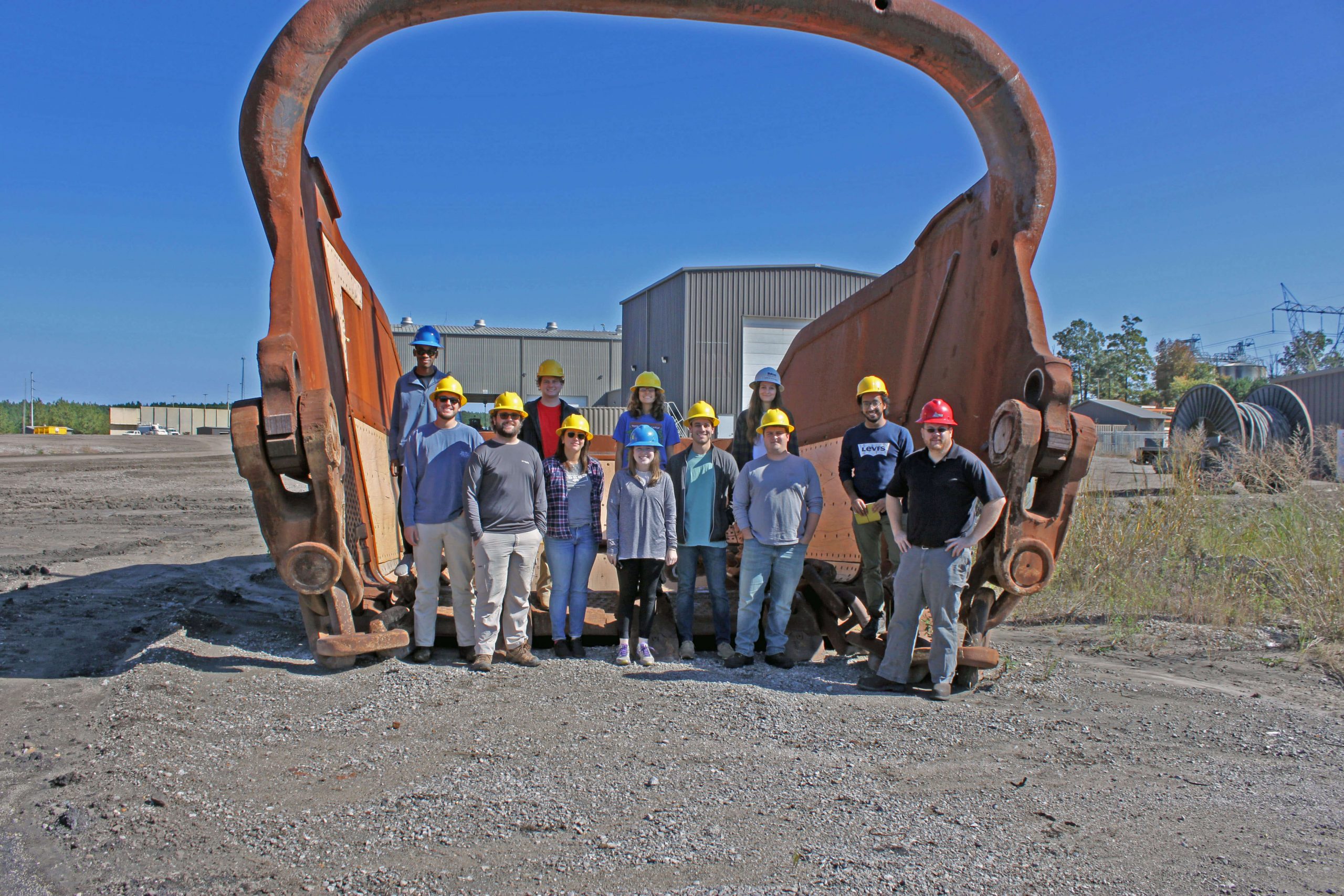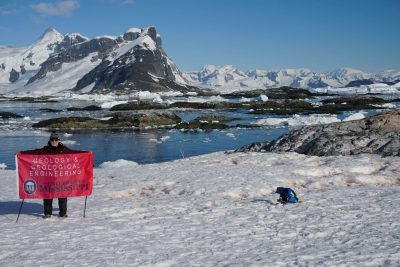Career paths with a degree in Geology or Geological Engineering
 Engineering geologists apply geologic principles to civil and environmental engineering. They investigate geological factors that affect engineering structures such as buildings, bridges, airports and dams. They offer advice on major construction projects and help with other projects, such as environmental cleanup and reducing natural hazards.
Engineering geologists apply geologic principles to civil and environmental engineering. They investigate geological factors that affect engineering structures such as buildings, bridges, airports and dams. They offer advice on major construction projects and help with other projects, such as environmental cleanup and reducing natural hazards.
Environmental geologists work to solve problems with waste disposal, pollution, urban development and hazards such as flooding and erosion. Environmental hydrologists identify the extent of groundwater contamination problems and design a system to remove the contamination.
Geotechnical engineers work for consulting companies specializing in environmental remediation.
Petroleum geologists are involved in the exploration and production of oil and natural gas.
Mapping and resource assessment geologists work for state or federal government agencies.
Consulting engineers or geologists assess hazard potential due to an earthquake, flood, landslide or unfavorable site geology.
Hydrologists identify a suitable source for community water needs.
Marine geologists/oceanographers investigate the oceans and continental shelves.
Government inspectors work on construction projects in difficult geological terrains.
 Research scientists work for a university-based research institution.
Research scientists work for a university-based research institution.
Bankers specialize in resource evaluation as loan collateral.
Attorneys specialize in natural resource or environmental law.
Secondary school teachers or university professors teach in any of a dozen geological subdisciplines.